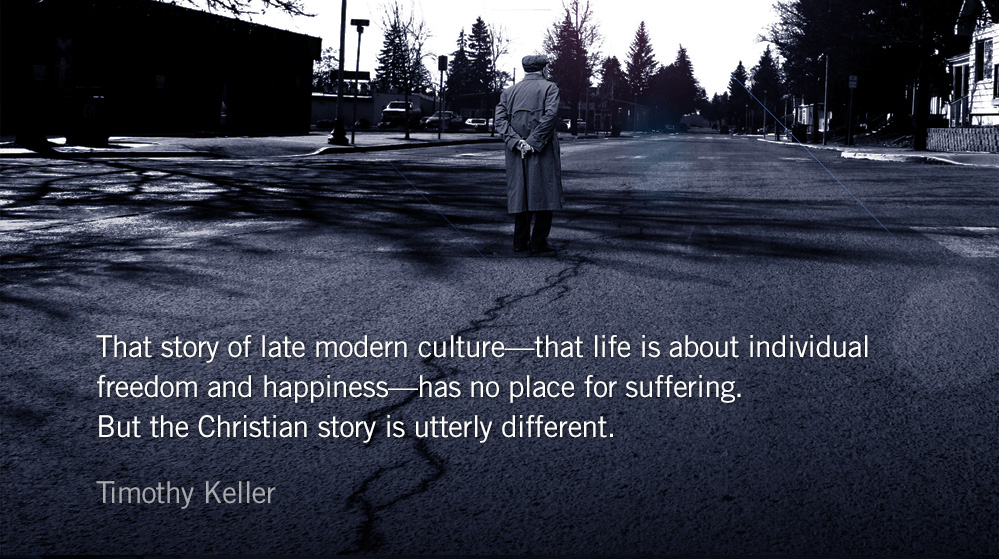The Summer Reading Series is designed to equip our growing community with curated book recommendations that shape faith and sharpen cultural insight.
By Timothy Keller
Research and experience tell us that a majority of people reach for the spiritual to help them interpret and bear up under horrendous suffering. Viktor Frankl, a Jewish psychiatrist who survived three years in the Nazi death camps, observed how some of his fellow prisoners were able to endure the horror and pass through it while others could not. The difference came down to what Frankl called meaning.
The problem is that contemporary people think life is all about finding happiness. We decide what conditions will make us happy and then we work to bring those conditions about. To live for happiness means that you are trying to get something out of life. But when suffering comes along, it takes the conditions for happiness away, and so suffering destroys all your reason to keep living.
To “live for meaning” means not that you try to get something out of life but rather that life expects something from us. In other words, you have meaning only when there is something in life more important than your own personal freedom and happiness, something for which you are glad to sacrifice your happiness.
Because this was the only way to survive the terror of the death camps, Frankl noted how often secular or nominally religious people turned to faith once they entered those place. Many prisoners developed a new “religious interest… the most sincere imaginable.”
The secular view of life does not work for most people in the face of suffering. Why not? One reason is because human suffering comes in such an enormous variety of forms, stemming from a wide spectrum of different causes. The Western approach oversimplifies the complex causes of suffering.
As Frankl recognized in the death camps, people who are their own legislators of morality and meaning have nothing to die for, and therefore nothing to live for when life takes away their freedom.
That story of late modern culture—that life is about individual freedom and happiness—has no place for suffering. But the Christian story is utterly different. Suffering is actually at the heart of the Christian story.
Suffering is the result of our turn away from God, and therefore it was the way through which God himself in Jesus Christ came down and rescued us for himself. And now it is how we suffer that comprises one of the main ways we become great and Christ-like, holy and happy, and a crucial way we show the world the love and glory of our Savior.
*Excerpt from Timothy Keller, Walking with God through Pain and Suffering. Penguin Books, 2015. Review at Christianity Today.
Today’s Reading
Isaiah 42 (Listen – 4:11)
Revelation 12 (Listen – 2:58)
This Weekend’s Readings
Isaiah 43 (Listen – 4:06) Revelation 13 (Listen – 3:20)
Isaiah 44 (Listen – 5:12) Revelation 14 (Listen – 3:51)






